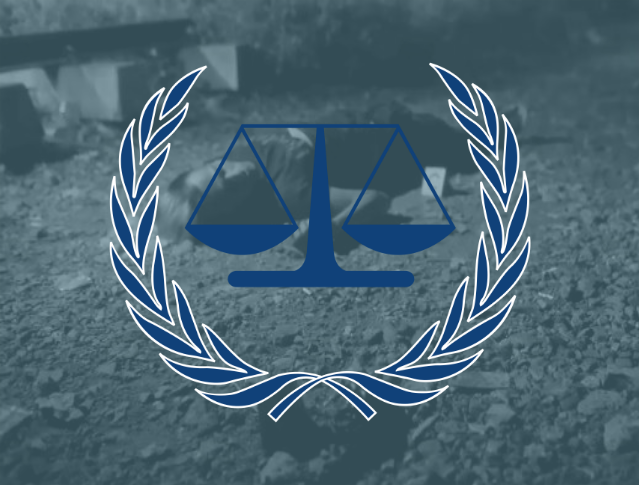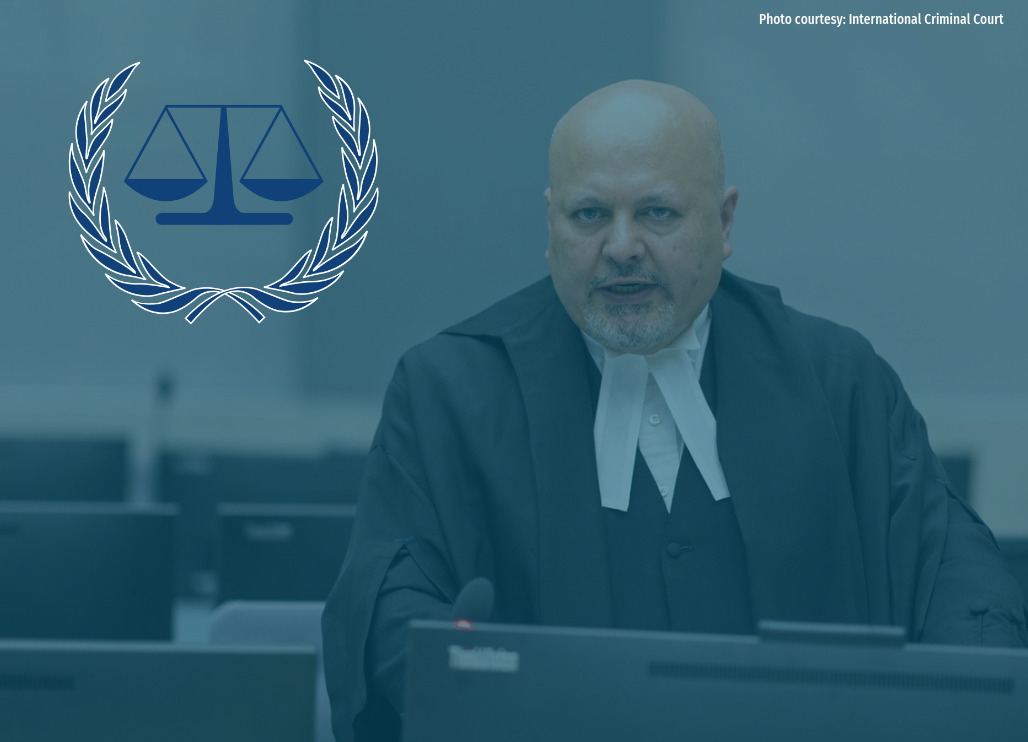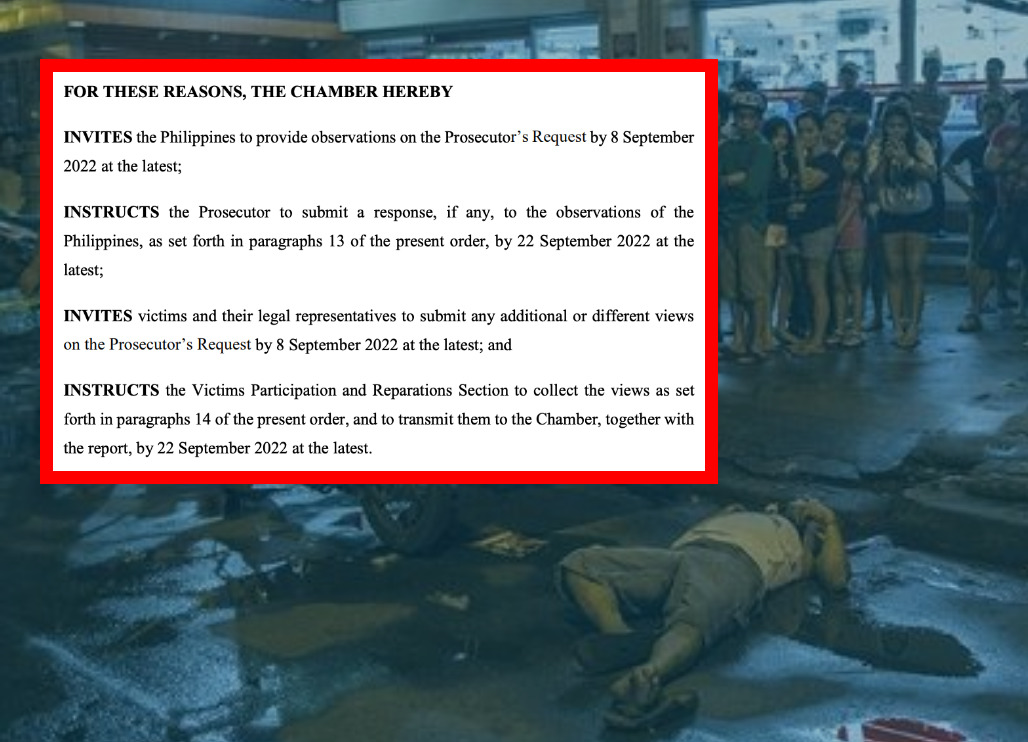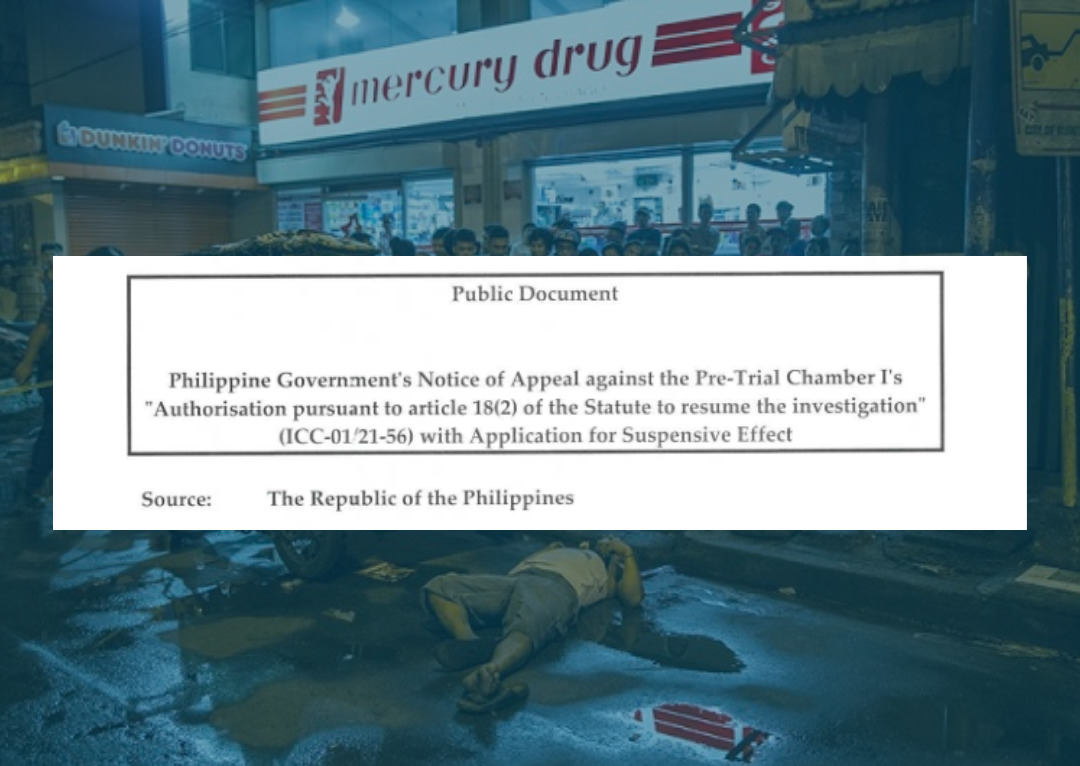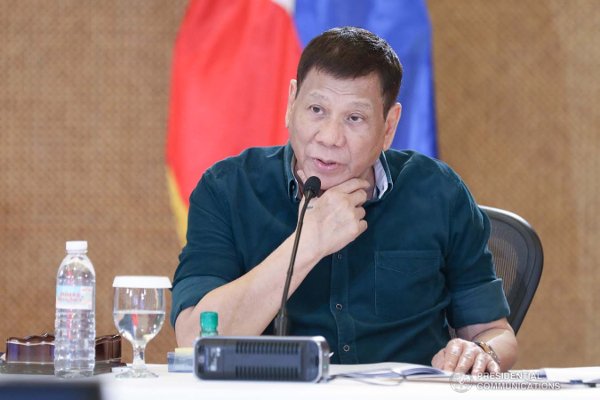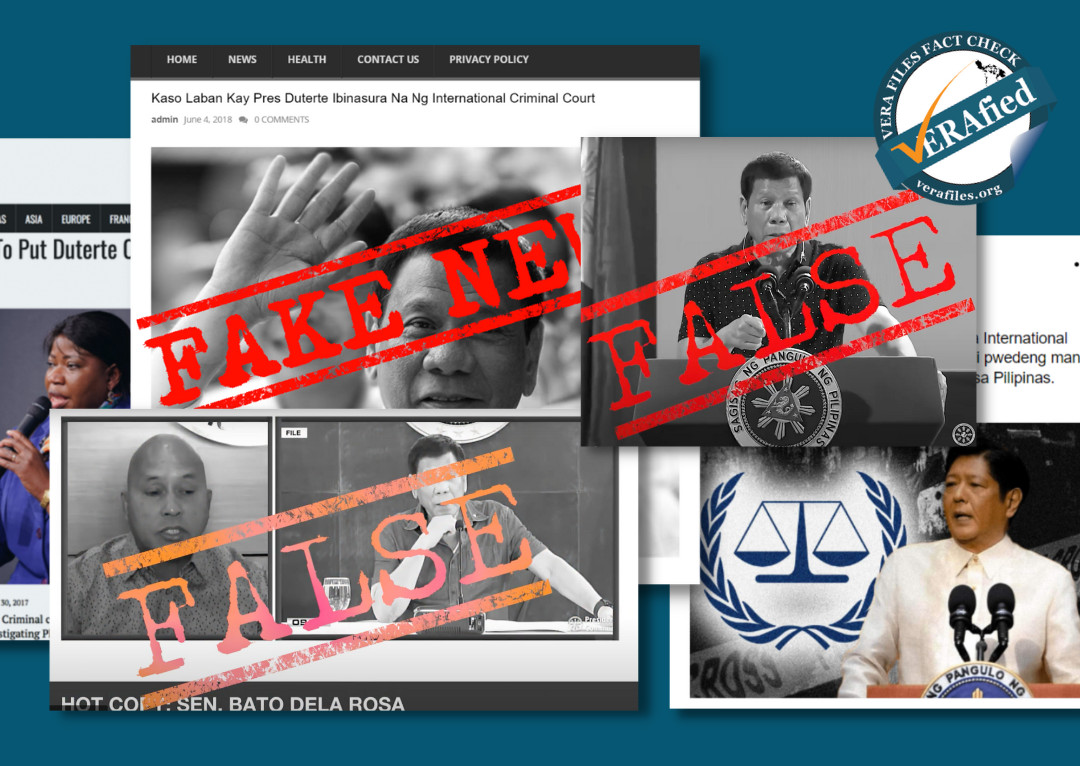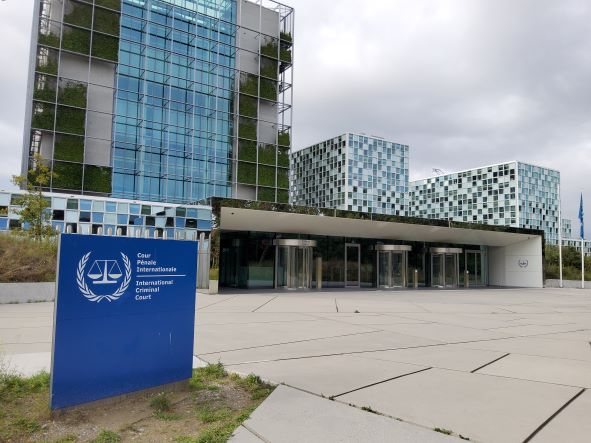
Photo of the International Criminal Court taken by Ellen Tordesillas.
The International Criminal Court (ICC) will proceed with the full-blown investigation into the alleged crimes against humanity committed by President Rodrigo Duterte in his war on drugs.
In a 41-page decision released on Sept. 15, the Pre-Trial Chamber I (PTC) of the ICC concluded that an investigation is warranted to dig into cases of murder, torture, and sexual violence, among others, that took place between Nov. 1, 2011 and March 16, 2019.
In a statement announcing the PTC decision, the ICC said the chamber believes that based on available evidence, the “drug war cannot be seen as a legitimate law enforcement operation, and the killings neither as legitimate nor as mere excesses in an otherwise legitimate operation.”
“[T]he Chamber concludes that there is a reasonable basis for the [p]rosecutor to proceed with an investigation, in the sense that the crime against humanity of murder appears to have been committed, and that potential case(s) arising from such investigation appear to fall within the Court’s jurisdiction,” the chamber said.
The PTC also expanded the scope of the investigation to include crimes that occurred as early as Nov. 1, 2011, in Duterte’s hometown Davao, where he served both as mayor and vice-mayor.
It said that available evidence indicates that groups of local police officers and vigilantes were involved in 385 extrajudicial killings that targeted “predominantly young men suspected of involvement in small-scale drug dealing or minor crimes such as petty theft and drug use.”
“The Chamber notes in particular the information to the effect that a so-called ‘Davao death squad’ operated, and that local law enforcement units were heavily involved in its operation,” it added.
The chamber said the investigation, which will be launched by the new prosecutor, Karim Khan, will not just focus on the alleged crimes against humanity of murder reported by by former prosecutor Fatou Bensouda, but also other crimes such as torture and sexual violence.
It noted that drug war survivors, families and representatives of those killed or injured likewise reported during the victims’ representations stage that they experienced crimes, such as murder, torture and sexual violence, in the drug war. (See VERA FILES FACT SHEET: Five things about the ICC report on victims’ representations – Vera Files)
“The question of the scope of the authorised investigation arises also in relation to the [p]rosecutor’s submission that several of the incidents in his request ‘appear to have included severe beatings or other mistreatment of victims prior to the killings, as well as instances in which victims’ family members were forced to witness the killings,” the chamber said.
It emphasized the prosecutor “must carry out an investigation into the situation as a whole” to “obtain a full picture of the relevant facts, their potential legal characterisation as specific crimes under the jurisdiction of the [c]ourt, and the responsibility of the various actors that may be involved.”
In the investigation stage, Khan will start gathering evidence and identifying suspects in the killings and other crimes in the drug war.
Khan may request the ICC to issue arrest warrants or summonses to bring the identified suspects to the ICC headquarters in the Netherlands for confirmation of charges and possible prosecution based on the court’s legal procedures.
On June 14, a day before she retired as ICC prosecutor, Bensouda announced that she had filed a request the previous month to investigate alleged killings of 12,000 to 30,000 suspected drug personalities under Duterte’s drug war.
In her 57-page request for investigation, the former prosecutor said the result of her three-year preliminary examination found that police officers conspired with some government officials, as well as vigilante groups, to carry out the killings of alleged drug suspects since the 1980s. (See Gov’t officials, police conspired to carry out Duterte’s war on drugs — ICC prosecutor – Vera Files)
Rights groups hail ICC decision
Human Rights Watch Asia Deputy Director Phil Robertson described the chamber’s decision as “fantastic news for the cause of human rights, accountability in the [war on drugs] in the Philippines.”
“[This is a] very important step forward for finally seeing people being held accountable for EJKs and abuses perpetrated” by the [Philippine National Police] and those “under orders from Malacañang.”
Human rights lawyer Neri Colmenares also hailed the decision of the ICC chamber as “a major step to justice!” “The families of thousands of extrajudicial victims have long asked for the accountability of the killers. Malapit na po! (It’s near),” Colmenares said.
Lawyer Kristina Conti, Colmenares’ fellow counsel in the Rise Up for Life and for Rights group, which provides legal assistance to at least seven families of drug war victims, said the chamber’s decision is a challenge that her colleagues will “accept” in assisting the ICC prosecutor.
“This widens our work in assisting the ICC prosecutor get evidence, especially considering the limitations of the pandemic and political climate today. But we accept the challenge and will double our efforts to speed up the investigation, and eventually, trial,” Conti said.
As of publication, Malacañang has not issued a statement, but Duterte has maintained that he does not recognize the jurisdiction of the ICC.
In March 2018, a month after Bensouda opened the preliminary examination, Duterte ordered the withdrawal of the Philippines as a state party to the ICC’s founding treaty called the Rome Statute.
However, the Supreme Court upheld in a March 16, 2021 decision that the Philippines is still obliged to cooperate with the ICC despite Duterte’s withdrawal (See VERA FILES FACT CHECK: Duterte, Panelo spew three false claims about ICC – Vera Files).
In the ICC’s 19-year history, the investigation on alleged crimes against humanity and/or war crimes in Democratic Republic in Congo (DRC) and Uganda are among the longest. The court’s Office of the Prosecutor has been investigating crimes in DRC since June 2004 and Uganda since July 2004.
Read the court’s decision in English and the announcement in Filipino.
